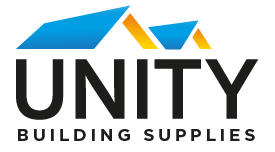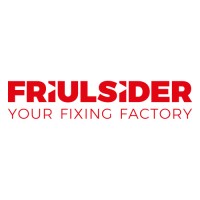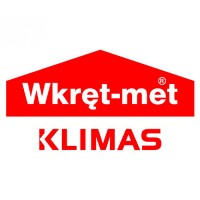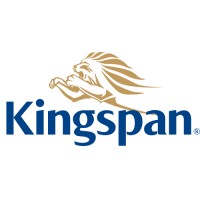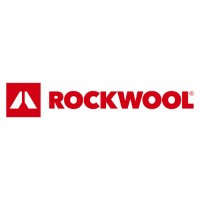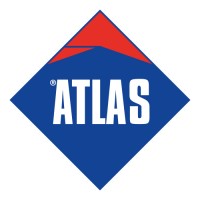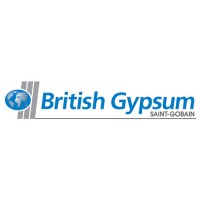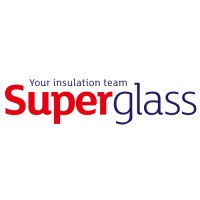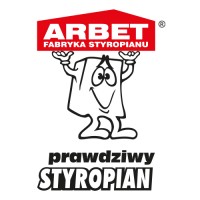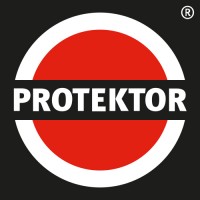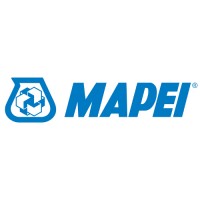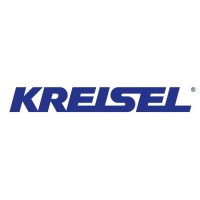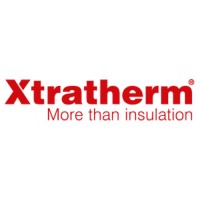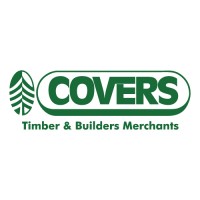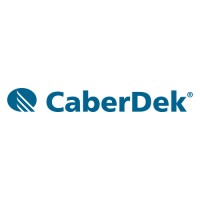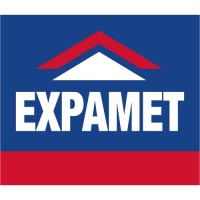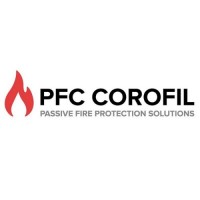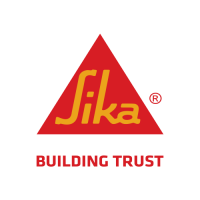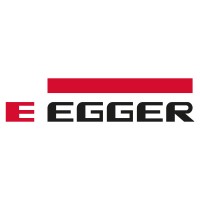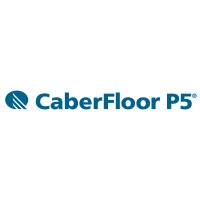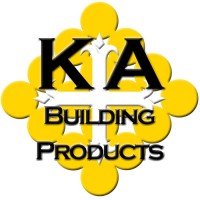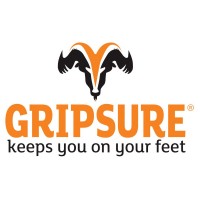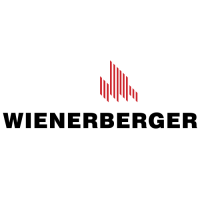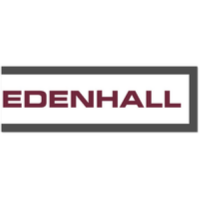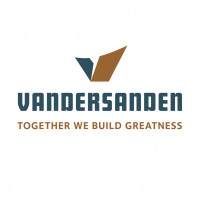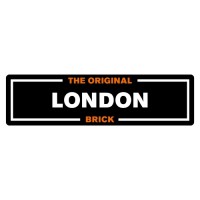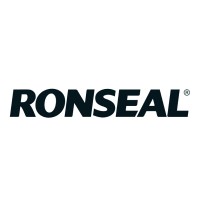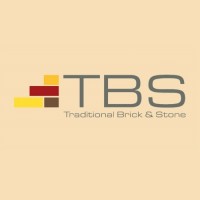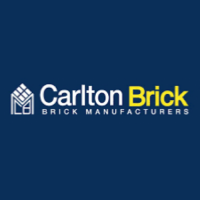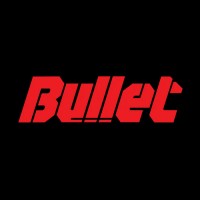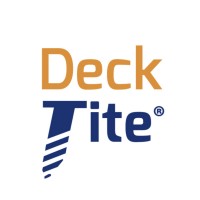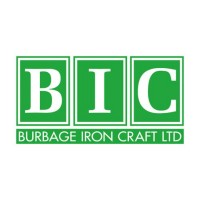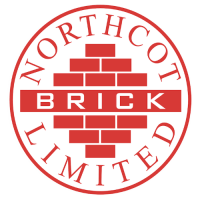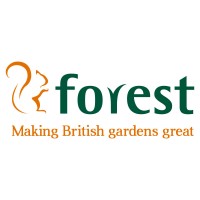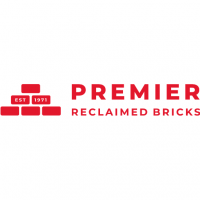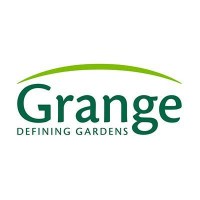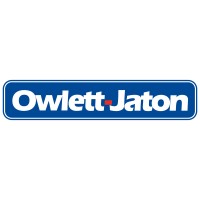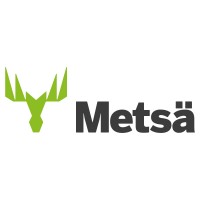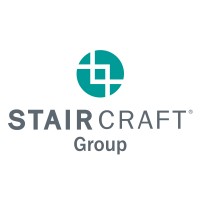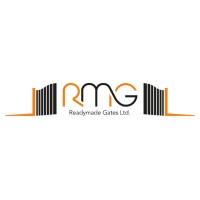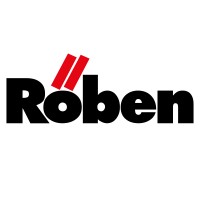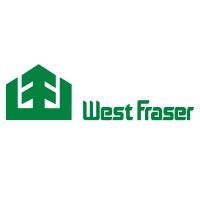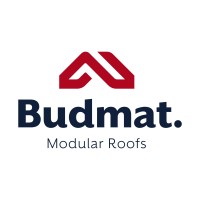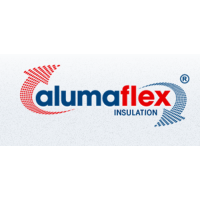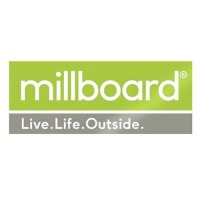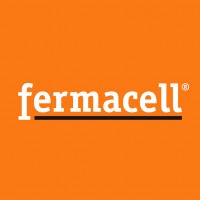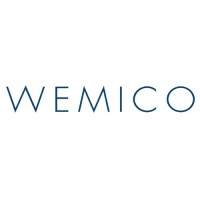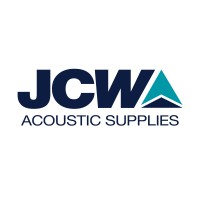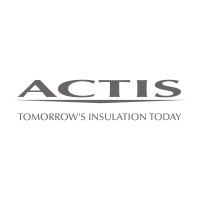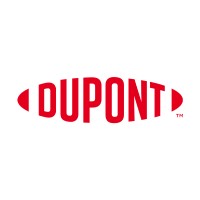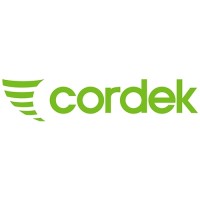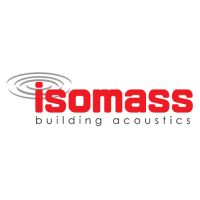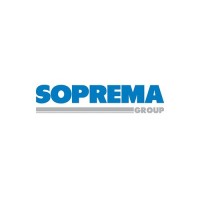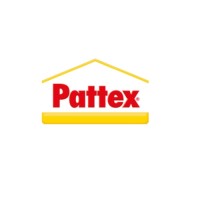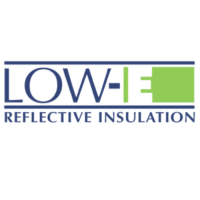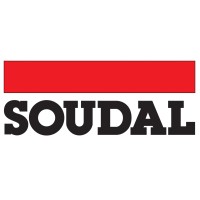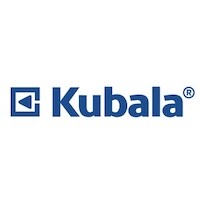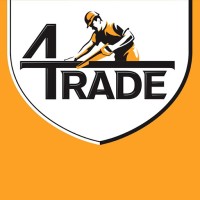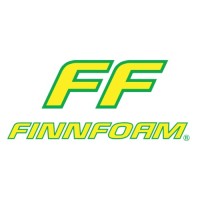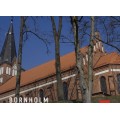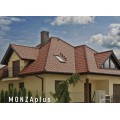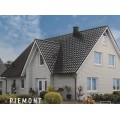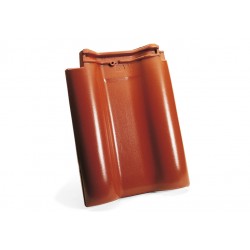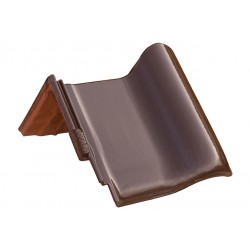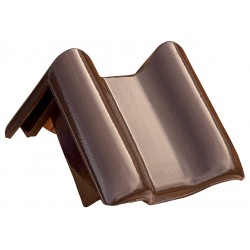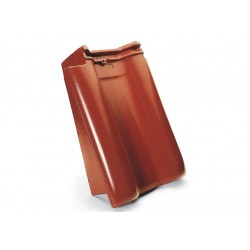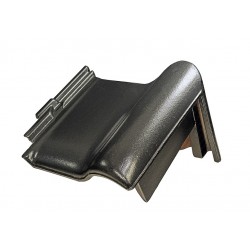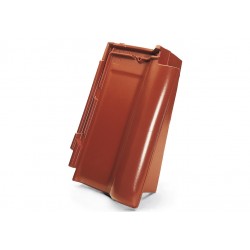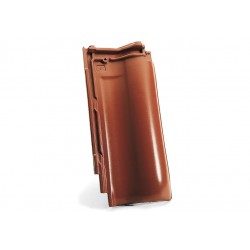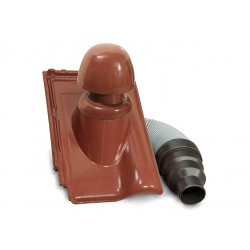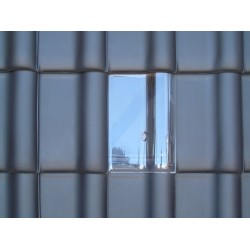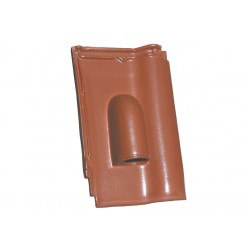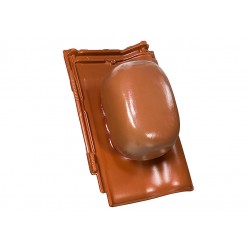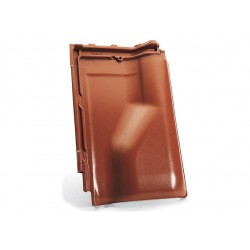Roofing
Common Roofing Types
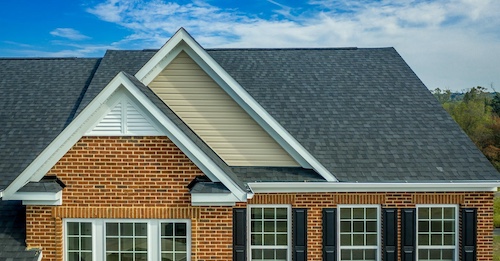
- Gable Roof: Gable roofs have a triangular shape and are popular in the UK. They offer good roof space, stability, and ease of construction. Typically involves framing the triangular gable ends, adding rafters, sheathing, and covering with roofing material
- Pros: Rain-resistant, excellent drainage, relatively cheap.
- Cons: Vulnerable to wind and damage, doesn’t stand out aesthetically.
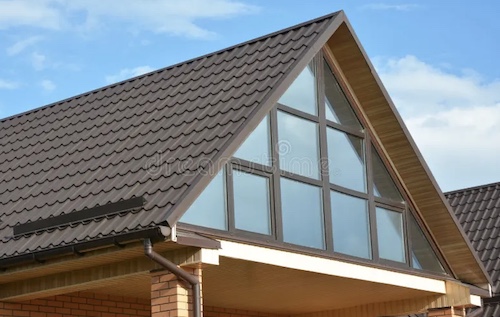
- Hip (Hipped) Roof: Hip roofs have slopes on all sides, meeting at a ridge. They are stable and suitable for various architectural styles. Installation: Requires framing hip rafters, installing sheathing, and covering with roofing material.
- Pros: Strong, traditional look, wind-resistant.
- Cons: Difficult to build, vulnerable to leakage.
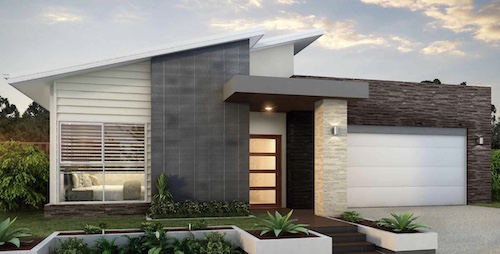
- Flat Roof: Flat roofs are horizontal or nearly flat. Common for extensions and modern designs. Involves creating a flat surface, adding insulation, and applying roofing material (e.g., EPDM rubber or PVC)
- Pros: Unique aesthetic, easy to build, opportunity for a patio.
- Cons: Difficult to maintain, struggles with rain, costly upkeep.
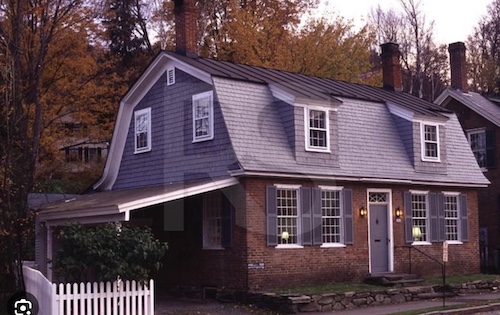
- Gambrel Roof: The gambrel roof is often associated with colonial architecture and barns. It seeks to address headroom limitations by breaking the pitch of a gabled roof into two separate angles.
- Pros: Unique aesthetic, good storage space, maximises headroom.
- Cons: Difficult to build, dominates much of the home.
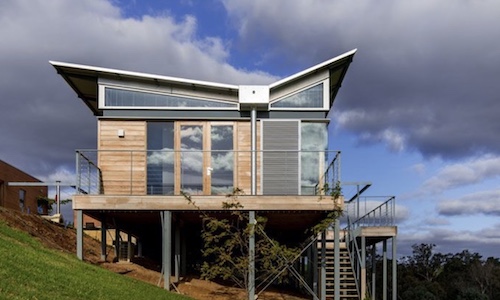
- Butterfly (V-Shaped) Roof: The butterfly roof is a gable roof in reverse, resembling a wide “V.” It gained popularity during the midcentury-modern era and is characterised by its unique shape.
- Pros: Popular for modern, eco-friendly, and tropical home designs.
- Cons: Complex construction, requires precise execution
Roofing is an essential part of building construction, and there are various materials and options available.
- Roof Tiles: These come in different materials like clay, concrete, or slate. They provide durability and aesthetics.
- Pros: Long-lasting (up to 100 years). Resistant to hail, high winds, and fire. Sustainable and recyclable.
- Cons: High upfront cost. Requires professional installation
- Polycarbonate Sheets: Transparent, lightweight, and easy to install, these are suitable for certain applications.
- Pros: Fire-resistant. Vandal-proof. Insulating (ideal for greenhouses). Lightweight and easy to process.
- Cons: Sensitive to scratches (can be polished to remove them). Not made from recycled materials
- Bitumen Corrugated Sheets: Ideal for roofing garages and sheds.
- Pros: Very strong and crack-resistant. Suitable for garages and outbuildings. Lightweight and easy to cut.
- Cons: Prone to sagging if incorrectly installed. Not resistant to scratches
- PVC Corrugated Sheets: Clear PVCu sheeting for garages and sheds.
- Pros: Cost-effective. Lightweight and easy to clean. Suitable for small lean-tos or walkways.
- Cons: Disposal concerns (slow breakdown in landfills)
- Roof Shingles: Used for garden sheds and summerhouses with pitched roofs.
- Pros: Affordability: Asphalt shingles are cost-effective, making them a popular choice for budget-conscious homeowners. They provide long-term durability and protection. They withstand heavy winds, hail, and falling debris without cracking or breaking. Asphalt shingles come in various designs, from traditional to contemporary.
- Cons: Regular inspections and repairs are necessary to prevent splitting, UV damage, and cracking. Prone to damage in extreme weather conditions. Repaired shingles may look less neat if not done professionally
- Metal Roofing: Options like steel, aluminum, or copper.
- Pros: Longevity (up to 40 years). Lightweight and resistant to temperature changes. Won’t rot.
- Cons:Higher cost than some other materials
- Roof Felt: Provides protection against the elements.
- Pros: Felt roofs fit various structures and come in different colours. Suitable for weaker structures like sheds and garages. Cheaper to install, maintain, and repair.
- Cons: Requires constant upkeep to prevent splitting, UV damage, and cracking. Vulnerability: More prone to damage from extreme weather. Repaired patches may look untidy if not done professionally
INSTALLATION
Asphalt Shingles Installation:
- Remove old roofing materials, inspect the roof deck, and repair any damage.
- Lay down an underlayment (usually felt paper) to provide a moisture barrier.
- Start from the bottom edge, overlapping each row, and secure shingles with nails.
- Install flashing around roof penetrations (chimneys, vents) and add ridge caps.
Metal Roofing Installation:
- Ensure a solid roof deck and install underlayment.
- Attach metal panels (standing seam or corrugated) using screws or clips.
- Install flashing around edges, valleys, and roof penetrations.
- Seal seams and joints to prevent leaks.
Clay Tile Installation:
- Ensure the roof structure can handle the weight.
- Start from the bottom edge, overlapping rows, and secure tiles with nails or clips.
- Install flashing and ridge tiles for water protection.
Slate Roofing Installation:
- Similar to other materials.
- Start from the eaves, overlapping rows, and secure with nails.
- Install flashing and slate ridge tiles.
EPDM (Rubber) Roof Installation:
- Ensure a clean, dry roof deck.
- Roll out EPDM membrane, apply adhesive, and bond it to the deck.
- Seal seams with specialised tape or adhesive.
- Install flashing and edge trim.
Roofing Felt Installation
- Ensure the roof surface is dry and free from old felt, adhesives, and protruding nails.
- Repair any decayed or damaged wood.
- For new roofs, use exterior-grade plywood or waterproof chipboard as a suitable surface.
- Roll out the felt from the lowest edge of the roof.
- Align and cut it to size.
- Nail it to the roof, avoiding the extremities of the roof edge.
- Cut the second layer to size, avoiding joints in the same place as the first layer.
- Bond it to the first layer using suitable adhesive.
- Position the third layer of felt over the second layer.
- Ensure there are no air bubbles and that it overlaps the roof by at least 5cm.
- Attach fascia boards to cover the overhang.
- Trim excess felt with a craft knife.
- Attach fascia boards to cover the overhang.
- Trim excess felt with a craft knife.
SUBCATEGORIES
CHOOSE MANUFACTURERS
Brand: Roben
Model: 464 x 339mm
Delivery Time: 1 - 2 days
TECHNICAL DATACoverage length: about 38,3 - 40,3cmAverage width of coverage: about 33,9cmWeight: about 3,5 kg..
Brand: Roben
Model: Monzaplus Edging Tile
Delivery Time: 1 - 2 days
TECHNICAL DATARoofing lenght: 21,0 cmWeight: 3,5 kg..
Brand: Roben
Model: Left Edging Tile
Delivery Time: 1 - 2 days
TECHNICAL DATARoofing lenght: 21,0 cmWeight: 5,1 kg..
Brand: Roben
Model: 464 x 339mm
Delivery Time: 1 - 2 days
TECHNICAL DATARoofing lenght: about 38,3 - 40,3 cmAverage width of roofing: about 33,9 cmWeight: about 6,4 kg..
Brand: Roben
Model: 464 x 304mm
Delivery Time: 1 - 2 days
TECHNICAL DATARoofing lenght: about 38,3 - 40,3 cmAverage width of roofing: about 26,3 cmWeight: about 5,6 kg..
Brand: Roben
Model: 464 x 176mm
Delivery Time: 1 - 2 days
TECHNICAL DATAAverage width of roofing: about 17,2 cmWeight: about 2,8 kg..
Brand: Roben
Model: 464 x 304mm
Delivery Time: 1 - 2 days
TECHNICAL DATACross section of ventilation with grille: 23 cm²Weight: about 3,9 kg..
